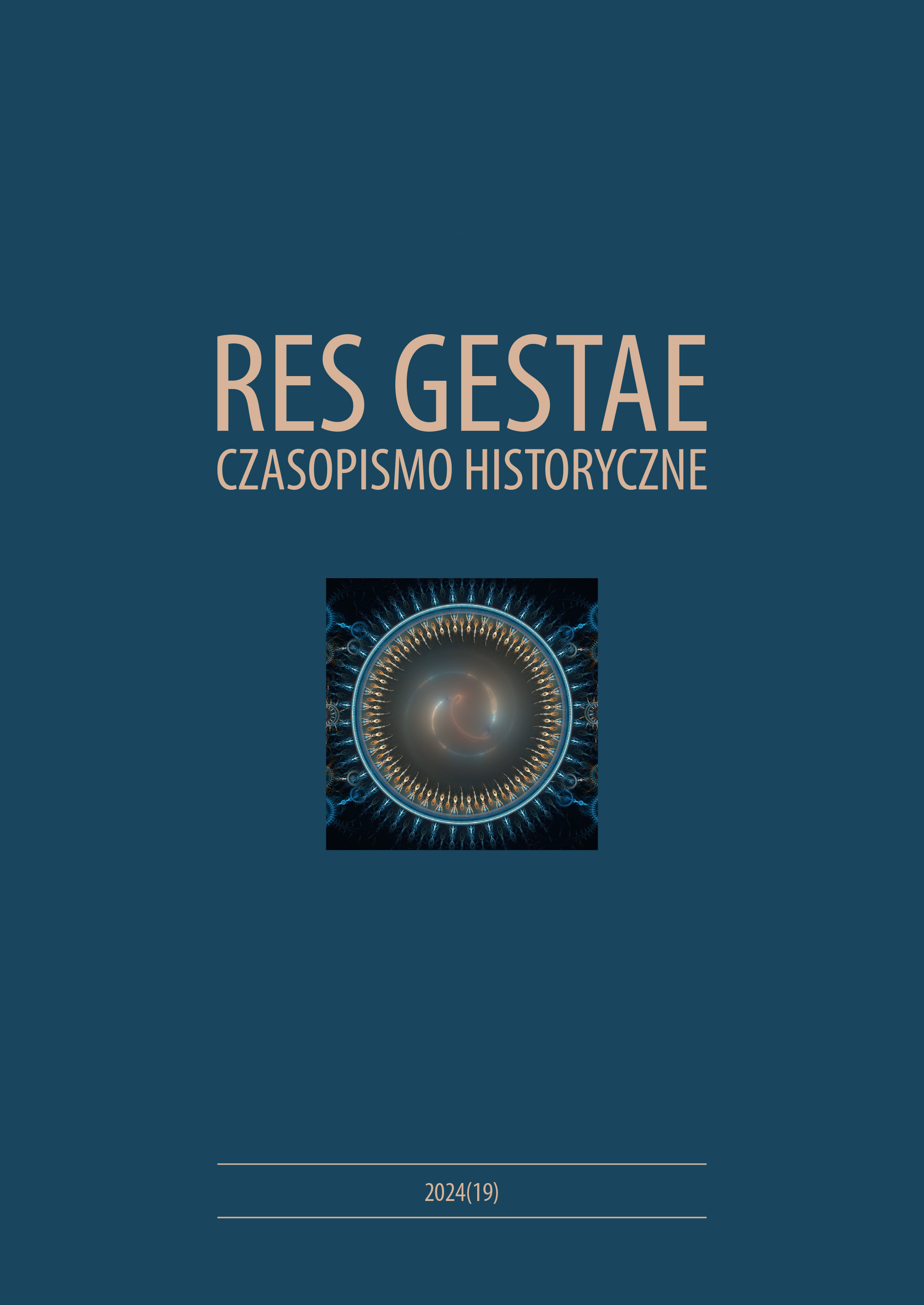The American Vision of Liberty on the Eve of the War of Independence in Light of the Polemics Between Alexander Hamilton and Samuel Seabury: The Loyalist and Patriot Argumentation
Main Article Content
Abstract
Differences in perceptions of the question of freedom were one of the reasons for the American split at the dawn of the War of Independence between loyalists and patriots. Samuel Seabury, a bishop of the Episcopal Church, representing the Loyalist mindset, maintained the necessity of a supreme authority represented by Parliament. He regarded the action of the Continental Congress as an infringement on his freedom and a straight path to civil war. Alexander Hamilton, one of the most important founding fathers, understood the issue of freedom primarily through the prism of natural rights and the British Constitution. These two pillars, along with the colonial charters, were supposed to be a guarantee that the rights of Americans, threatened by the action of Parliament, would be respected. The arguments related to the question of liberty invoked in the polemic by the adversaries were an important part of the debate of the colonial society.


